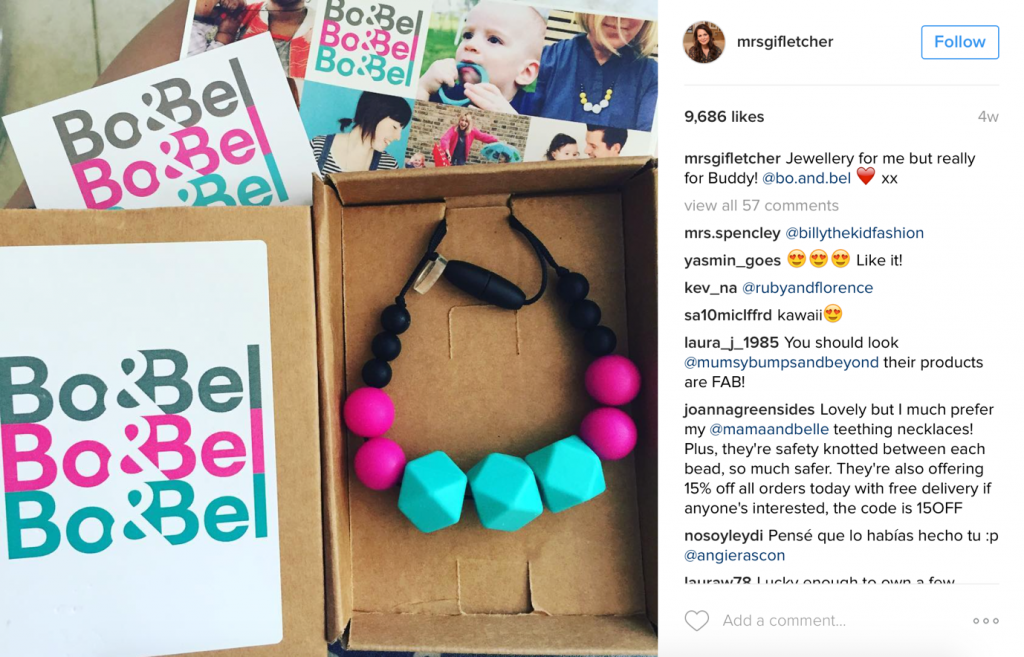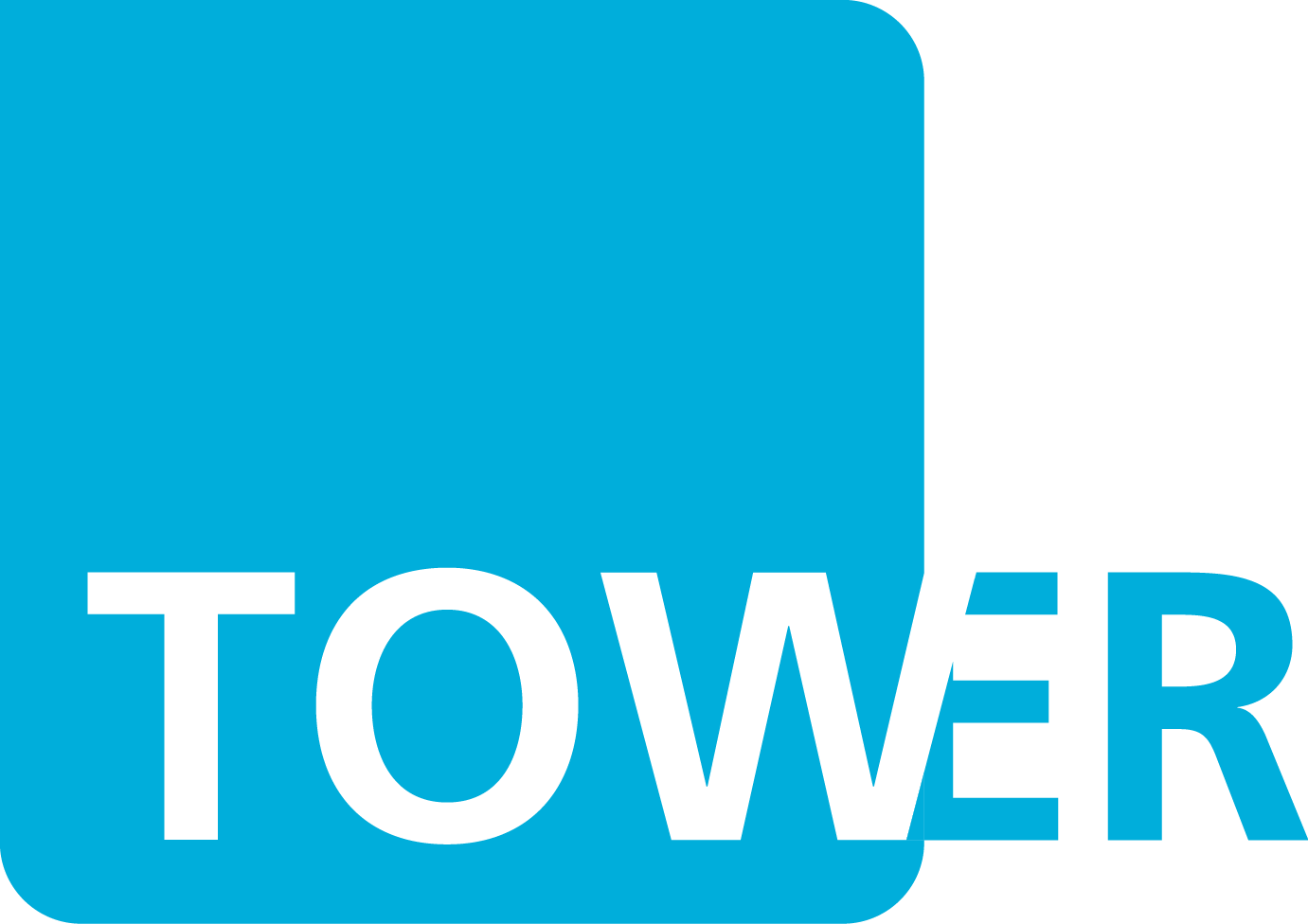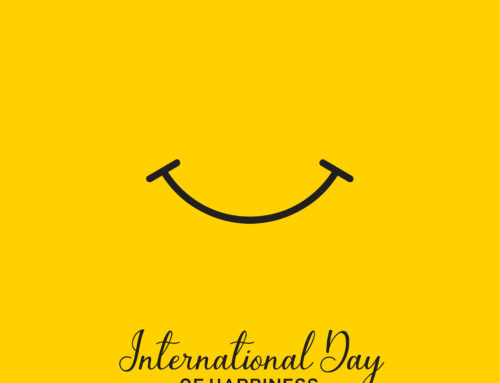Those relentless teeth whitening companies’ pearly-white smiles are fading; as advertising authorities plan to clamp down on unclear paid social media endorsements. The age-old technique of using ‘influencers’ (using the term loosely for modern days’ sake) to endorse your product and gain exposure has developed exponentially with the rise of social media.
Millennials interest and value in TV advertising is waning, whereas social media marketing budgets are going through the roof. You can tap, swipe and scroll through any social media feed, and it won’t be long before you see an ‘influencer’ gushing on the brilliance of a nutritional product, teeth whitening product, expensive watch, shoes or hair extensions.

The problem is; how do you know what is an #ad, what is #spon, and what is an organic post? The faux-glamorous identity and culture of apps such as Instagram makes this incredibly hard to police.
With multiple techniques in subtly placing products out there for millions of followers to see, the line is becoming increasingly blurred, and it is becoming harder to tell if followers are being deceived. Should these so-called ‘influencers’ be made to make it crystal clear when they are advertising a product and being paid to do so? Do we, as the ever-enthused consumers have the right to know when a celebrity is being paid to post something online?
Another question is; when a social media post is evidently sponsored, is it as effective as a post where a product is conveniently placed… we’re not sure. Brands, on the other hand, seem to think they aren’t. There have been many cases where brands encourage influencers NOT to declare their post to be sponsored. Oscar winning actress Octavia Spencer took her sponsor, Sensa Weight Loss Products, to court in 2014. Although she was never told not to do so, her deal was terminated as a result of using #spon in her tweets, yielding Spencer a huge 0,000 loss for her efforts. According to her sponsor, this had a detrimental effect on the campaign and labelled such efforts as ineffective.
The Federal Trading Commission in the United States and the Advertising Standards Authority in the United Kingdom are both reportedly set to crack down on these posts. They are fully aware that consumers put stock in endorsements and adding #ad, #spon or #sp to such posts isn’t going to cut it anymore. These regulations are in place to ensure those holiday snaps, avocado on toast posts and those mirror selfies that we double tap do not lead us to products that we would not have found on our feed otherwise.
Although it may not resonate every day, the need for these authorities is imperative in certain cases. The Kardashians are known for ceaselessly flaunting products on a regular basis. Kim Kardashian posted a picture posing with a morning sickness supplement whilst pregnant; however, did so without disclosing any side effects or definitive information about the product. She single-handedly proved why this method of advertising can be dangerous. The advert was subsequently taken down and re-posted with the required information.
So what does this mean for brands, influencers and, most importantly, for us? Firstly, brands and influencers will now have to be progressively careful and find ways to create refreshing, effective posting without deceiving consumers. Arguably, if every influencer declared every sponsored post, followers may become disinterested. For now, with little policing, regulations and never-ending grey areas, it appears it is up to us mere mortals to distinguish the organic from the unauthentic pre-paid, packaged, processed posts.







